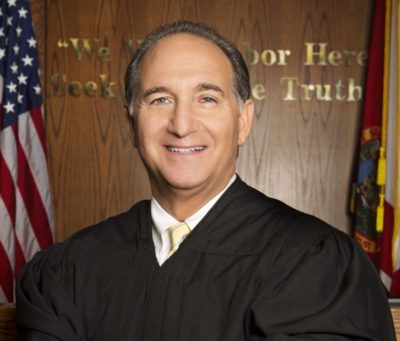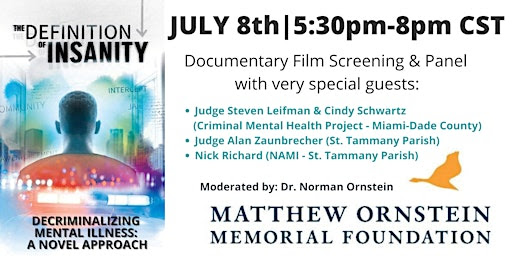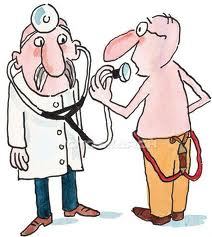
New Mental Health & Substance Abuse Secretary Now Running SAMHSA
(7-9-21) Dr. Miriam E. Delphin-Rittmon sailed through a recent U.S. Senate confirmation hearing and is now the Assistant Secretary of Mental Health and Substance Abuse at the U.S. Health and Human Services Department. In her written testimony, she stated: “Emphasizing recovery and addressing equity and culture in behavioral health service delivery and system development are prominent themes in my work…”
She replaced Dr. Elinore McCance-Katz who has taken a senior position inside the U.S. Drug Enforcement Agency.
Dr. Delphin-Rittmon previously served as Commissioner of the Connecticut Department of Mental Health and Addiction Services (DMHAS) for six years where, she said, her “focus has been on promoting recovery-oriented, integrated, and culturally responsive services and systems that foster dignity, respect, and meaningful community inclusion of the individuals we are entrusted to serve.”
Her nomination by the Biden Administration was strongly backed by peer and disability organizations that represent individuals with mental illnesses and disabilities. More than thirty such organizations signed a letter of support endorsing her confirmation, including the New York Association of Psychiatric Rehabilitation Services headed by well-known advocate, Harvey Rosenthal, the Bazelon Center for Mental Health Law, Gould Farm, and the American Association for People with Disabilities.
She is expected to bring a different approach to SAMHSA, the government’s biggest mental health and substance abuse funder. President Trump’s nomination, Dr. McCance-Katz, strongly backed greater use of Assisted Outpatient Treatment. She was supported by Dr. E. Fuller Torrey, the late D. J. Jaffe and the Treatment Advocacy Center. In a 2018 newspaper interview, Dr. Delphin-Rittmon said she didn’t support AOT in her state. “We all know for many people choice, or being stripped of certain choices, is connected to trauma within their own lives. We don’t want to perpetuate that in the treatment system.”

Outgoing Dr. McCance-Katz now at DEA
Before leaving office, Dr. McCance-Katz was criticized for questioning during a podcast whether fears of the corona virus were overblown. In her new job as a legislative policy analyst at the DEA, she will help shape the Biden administration’s strategy on drug enforcement, particularly with Biden’s nominee to run DEA who is still awaiting Senate confirmation.
With endorsements from both of her home state Senators and Connecticut’s governor, Dr. Delphin-Rittmon was easily confirmed. Here is here opening statement and link to the video of her confirmation hearing.








